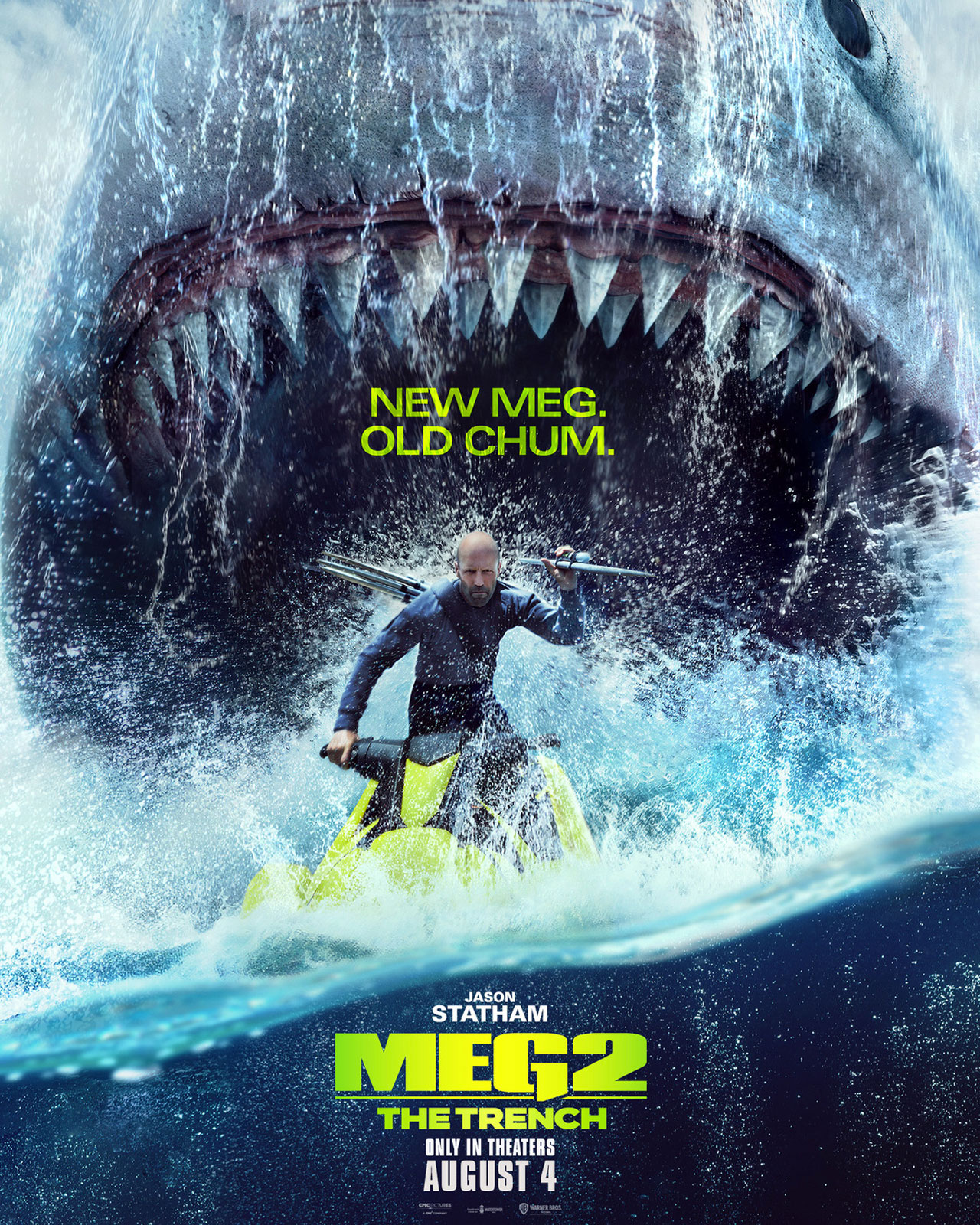
Disclaimer: I received this book in exchange for a review from Netgalley. All opinions are my own.
Ah, time loops. An old sci-fi trope, but a good one – you relive the same short period of time, over and over, until you can find some way out of it. Such a loop forms the backdrop of “A Quantum Love Story” by Mike Chen, a clever and warmhearted little sci-fi tale with an oddball romance blooming at its heart, and a message about the importance of really living life instead of just existing.
Tennis-player-turned-scientist Mariana Pineda is grieving over the loss of her best friend/stepsister, and decides to quit her job at a facility with a revolutionary particle accelerator. But on that fateful day, she has a weird encounter with a technician named Carter Cho, gets hit with a beam of green energy… and awakens on the previous Monday morning. She’s now in a four-day time loop alongside Carter, who has already relived the same few days several times.
The two of them put their heads together to try to figure out a way to break the loop and return to regular life… even though Mariana discovers that there’s a kind of freedom and joy to spending time with Carter, free from worries about money, personal problems or cholesterol. The two of them begin to fall in love as Carter teaches Mariana about how to really live her life… but when his memory starts to disappear, their only chance for happiness is to break free once and for all.
There’s a kind of warm, quirky, friendly, comfortable quality to “Quantum Love Story,” despite the well-worn sci-fi premise. Mike Chen takes his time not only handling the scientific aspects of the story (Mariana provides a lot of the technobabble and theoretical substance) and the mystery of how the time loop occurred, but the slowly blooming relationship between the two lead characters as they get to know each other.
And the titular quantum love story is pretty charming, although not overwhelming or mushy – honestly, the story would work just as well if the characters were just friends. Chen depicts the relationship between Carter and Mariana as one that enriches both their lives, especially since Mariana has lived a rather sterile, staid, lonely life. Her blossoming connection with Carter is about teaching her how to live – mostly through his lusciously sensual love of food, which he has a natural gift for.
Since the story revolves around the lead characters almost exclusively, Chen has to make them very likable, or the titular love story would be torture. And fortunately, they ARE likable. Mariana starts as a tightly-closed bud of a person who has encountered happy free-spirited people, but never been one herself; it’s only with Carter’s influence and the freedom afforded by the loop that she starts to unfold. Carter is her opposite – a man who, despite the disappointment of his parents, seizes every opportunity to be happy and enjoy life. And food. So much food. Food food food.
“A Quantum Love Story” is a charming intersection between a light romance and a sci-fi mystery – a story about not only breaking out of time loops, but out of the ruts where people live their lives. Thoroughly enjoyable in every dimension.






